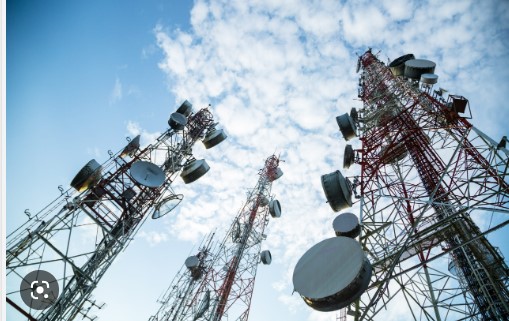The telecommunications and Information Services sector in Nigeria made a significant financial contribution to the nation’s gross domestic product (GDP) in the first quarter of 2023.
According to figures released by the National Bureau of Statistics (NBS), the sector delivered N2.508 trillion, accounting for 14.13% of the GDP. This represents a 4.3% increase from the previous quarter’s performance, which recorded 13.55%.
On a year-on-year basis, the growth of the sector showed positive progression, rising from 12.94% in the first quarter of 2022 to 14.13% in 2023, indicating an approximate growth rate of 9.19%. The calculation of the telecom contribution to GDP was based on the assessment of 46 distinct sectors of the economy encompassing telecom and information services.
The Nigerian Communications Commission (NCC) responded to this positive outcome by highlighting the telecom industry’s favorable outlook, attributing it to the innovative and predictable regulatory environment established and implemented by the commission.
The NCC also noted significant developments in the sector, such as the successful auctioning of 5G spectrum licenses to operators MTN, MAFAB, and Airtel, generating $820.8 million in fees for the federal government. MTN and MAFAB have already launched 5G services, while Airtel is scheduled to launch its services in June 2023.
Furthermore, the NCC highlighted the launch of Starlinks broadband services, a satellite-based wireless broadband service with nationwide coverage, following the issuance of a license to Elon Musk-owned SpaceX. The services are now available in various parts of the country.
The telecom industry’s growth statistics continue to demonstrate its impressive contribution to the Nigerian economy. As of April 2023, the number of phone subscribers reached 223.6 million, with a teledensity of 117%. Internet subscribers stood at 157 million, while broadband subscriptions reached 92 million, representing a 48% broadband penetration rate in the country.















